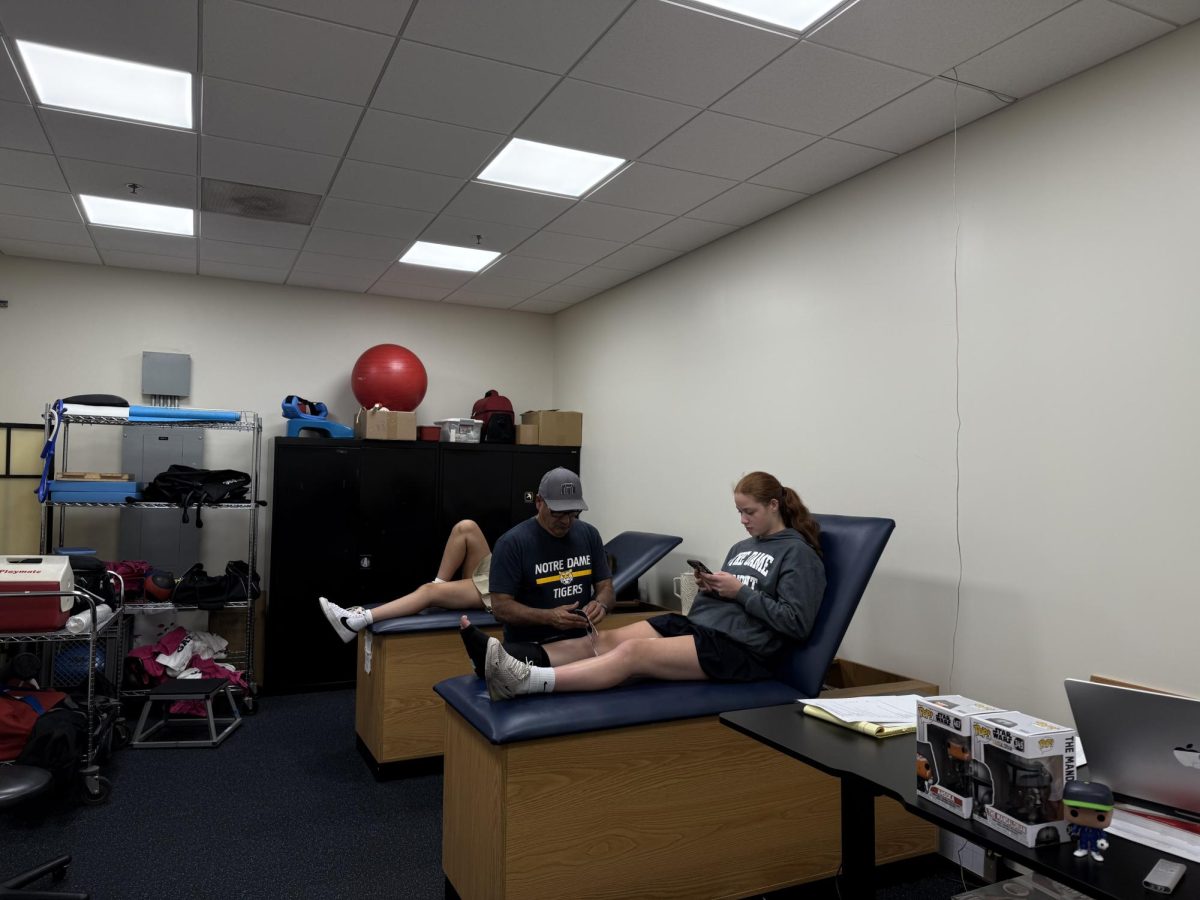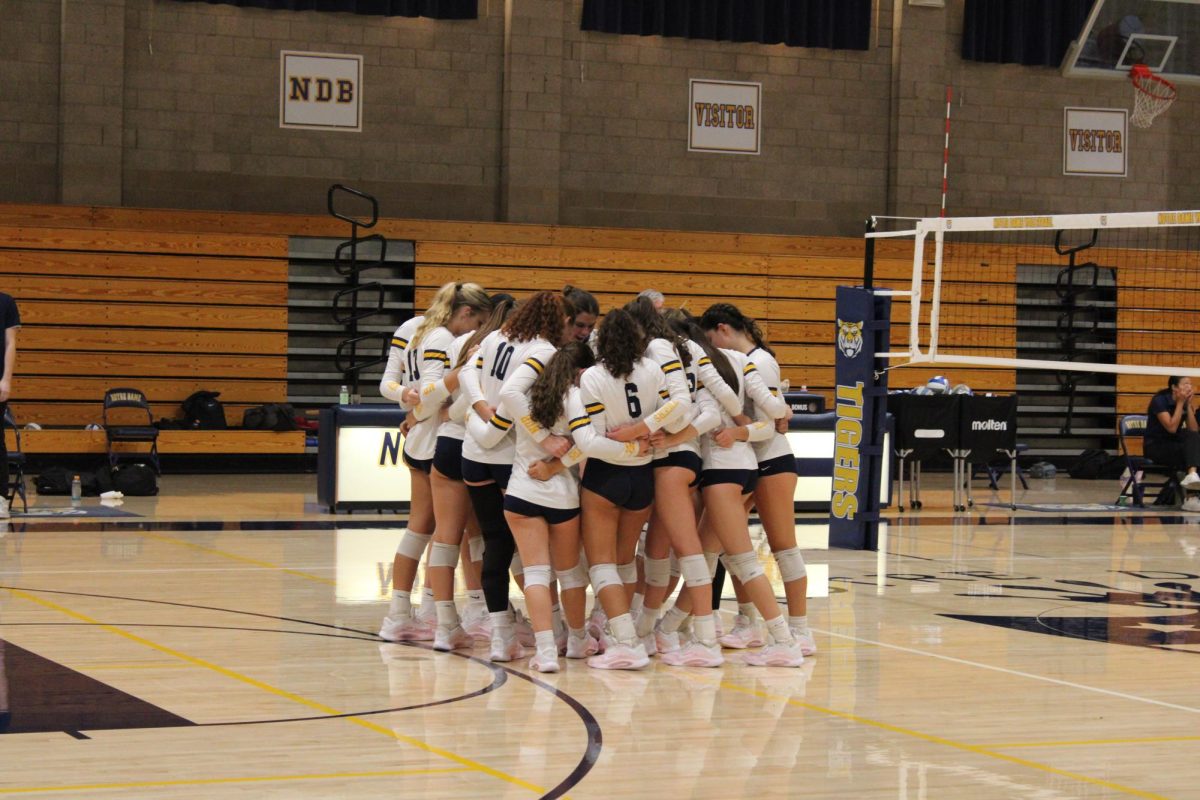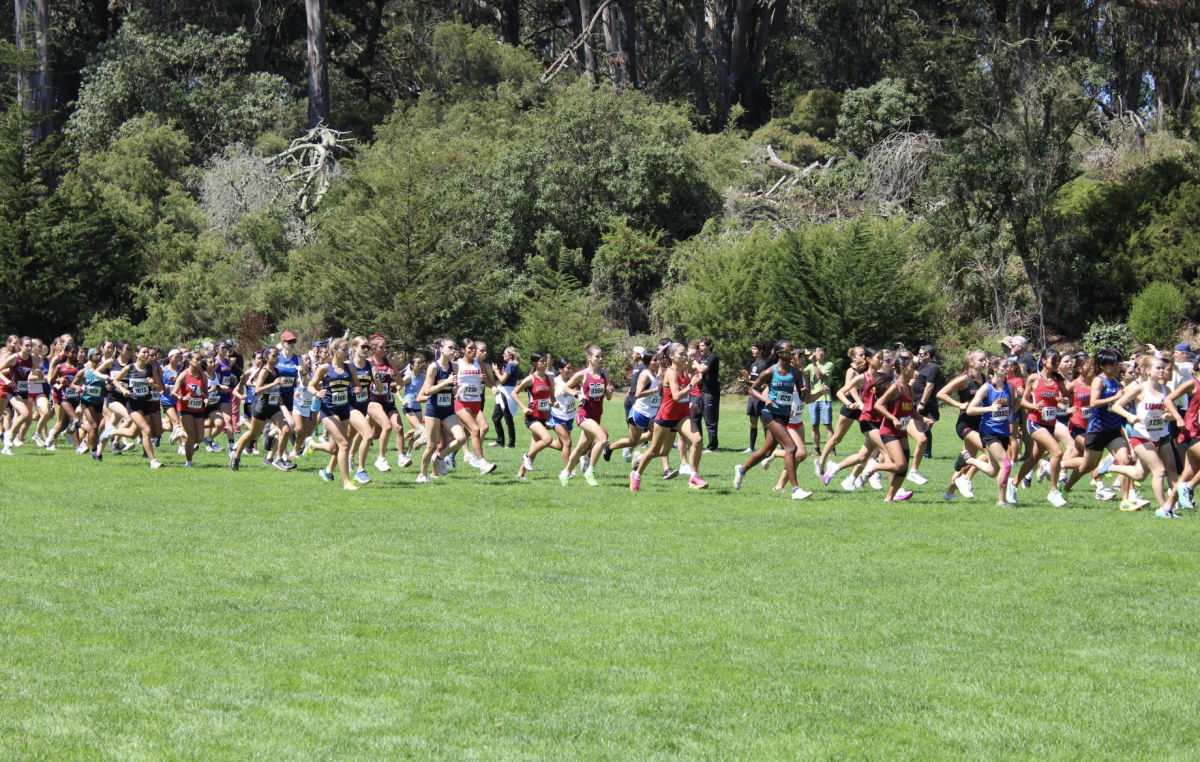Stress and anxiety can negatively affect an athlete’s performance in practice and competition, and these feelings arise as they put more pressure on themselves to meet their own or other’s expectations of themselves.
As athletes begin playing sports in high school, they are introduced to different levels of competition, including regional and state competitions. For most sports, college coaches can contact athletes at the start of their junior year. As exciting as it sounds to get recruited and take one’s sport to the next level, it can negatively affect an athlete’s love for their sport.
Whether it was club soccer or softball, most parents had their kids participate in sports for the sake of having fun or to make new friends. By looking up to their favorite players or playing in their own competitions, getting more involved in their sport developed their passion and determination to succeed in it. Unfortunately, that idea of just “playing sports for fun” is lost when all one can think about is impressing college coaches and buckling under the pressure to always perform at their best.
The root of stress and anxiety stems from the fear of failing to meet others’ expectations of one’s athletic abilities, whether it is from their coaches, parents, friends or predicted pre-season rankings. It could arise from comparing oneself to past performances and not living up to one’s reputation as “the best on the team” or “the fastest sprinter in the state.” All of these factors can create self-doubt and feelings of stress, which could potentially transfer to other areas of life besides athletics, including academics and personal life.
Varsity Swim Coach Wendy Connolly has been swimming since age five and swam competitively at Cuesta College and the University of California, Irvine. She shares how she prepares her team’s camaraderie to help ease the stress of racing.
“We cheer for each other and I think…that builds a spirit of community within our team,” said Connolly. “I always make it so that swimmers aren’t competing against each other, but instead for themselves. It lessens the competition to be just against you and lowers your own personal bests.”
Coping with stress can be difficult because sometimes student-athletes can reach a point where they have already felt the effects of athletic burnout. They do not seek a purpose in playing anymore, and that soccer ball that they once loved becomes stacked in a pile of stuff in the garage. However, rediscovering one’s love for the sport can be easy once they do some reflection on how they are feeling about their performance.
Journaling and different methods of self-care have been proven to help clear one’s mind and properly reflect on one’s growth and development in and outside of the sport. Taking the time to talk to a sports psychologist and improving on aspects of your life that could have affected your performance is crucial to rediscovering that love for the sport.
Cross Country, Soccer and Lacrosse Coach Will Evans was a dedicated athlete in high school and played on the soccer, football and baseball teams. Through coaching, he has noticed that athletes put stress on themselves because of trying to balance multiple extracurricular activities in addition to athletics. Being able to find people to lean on during difficult times is crucial to maintaining that love for one’s sport.
“It’s vital for athletes to have a strong support system to lean on, which includes their teachers, coaches, mentors, teammates, friends, and family members,” shared Evans. “Part of dealing with [stress] is being able to manage your time effectively and having a plan to organize that. A big part of stress people don’t talk about … is making sure to eat the right nutrition and listen to your body.”
Playing sports comes with many highs, like memorable victories and team trips, and lows, which include feelings of stress and anxiety. Athletes need to understand their personal needs and who they can trust to help them reach their full potential.










